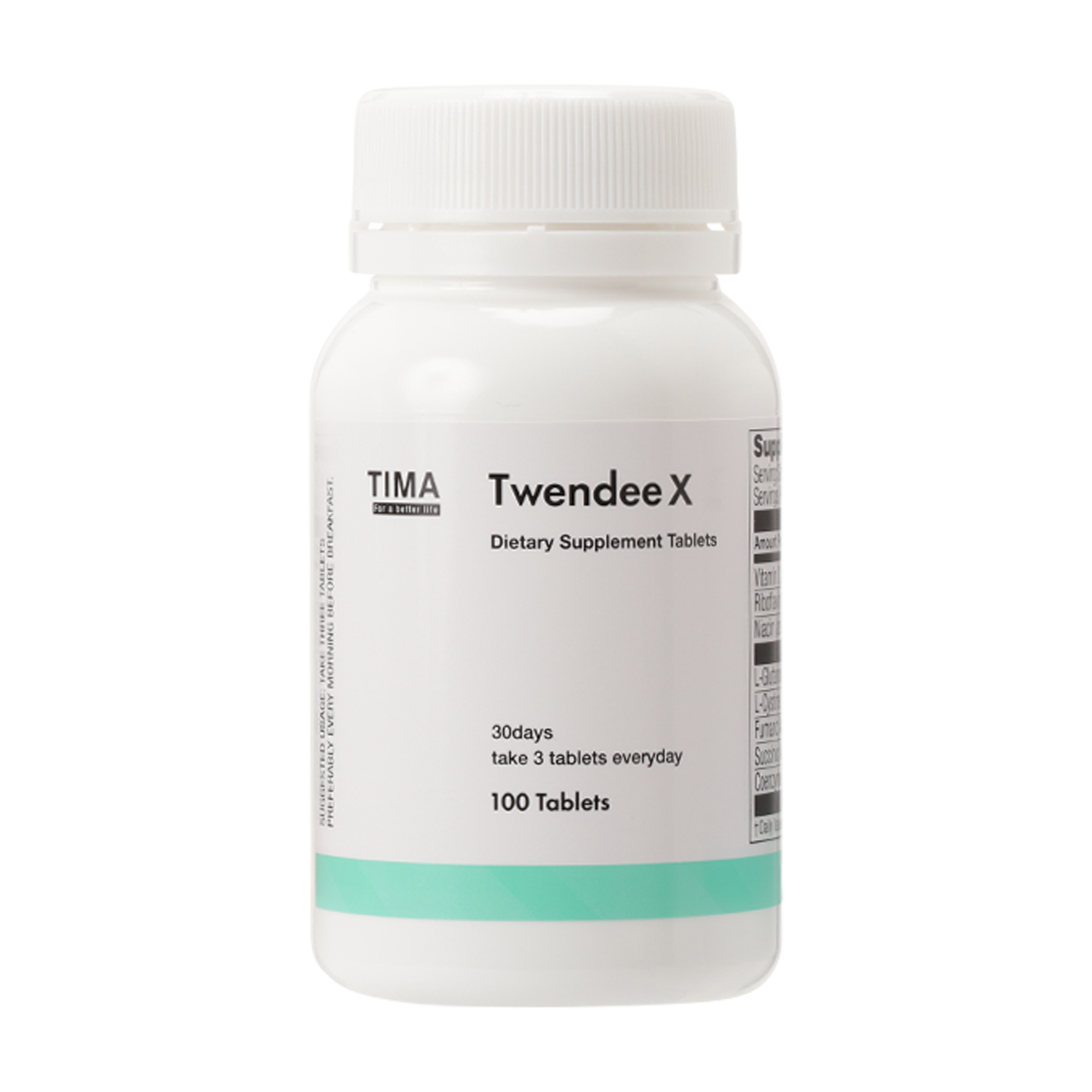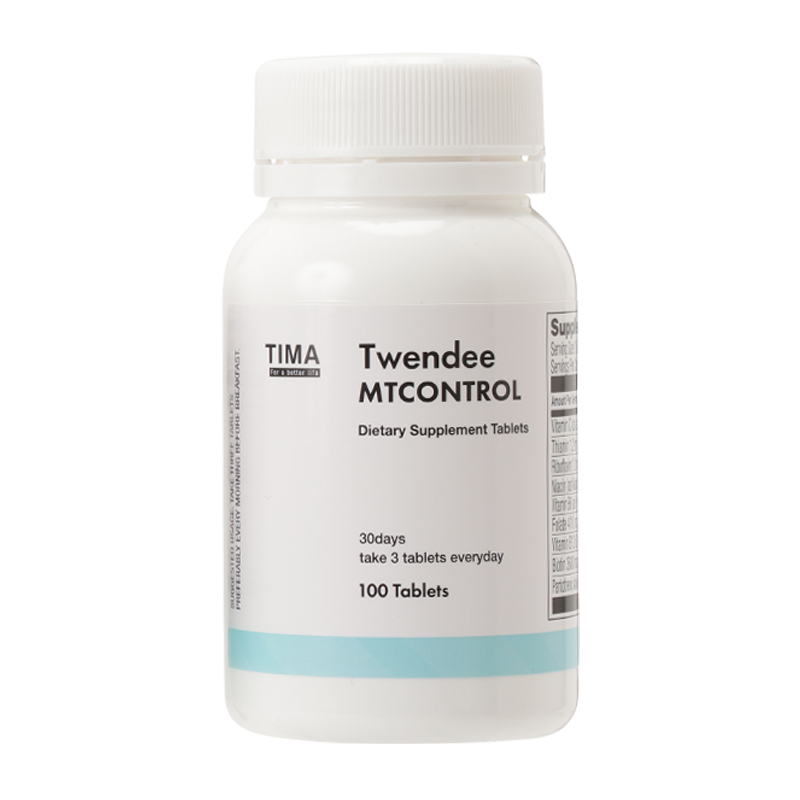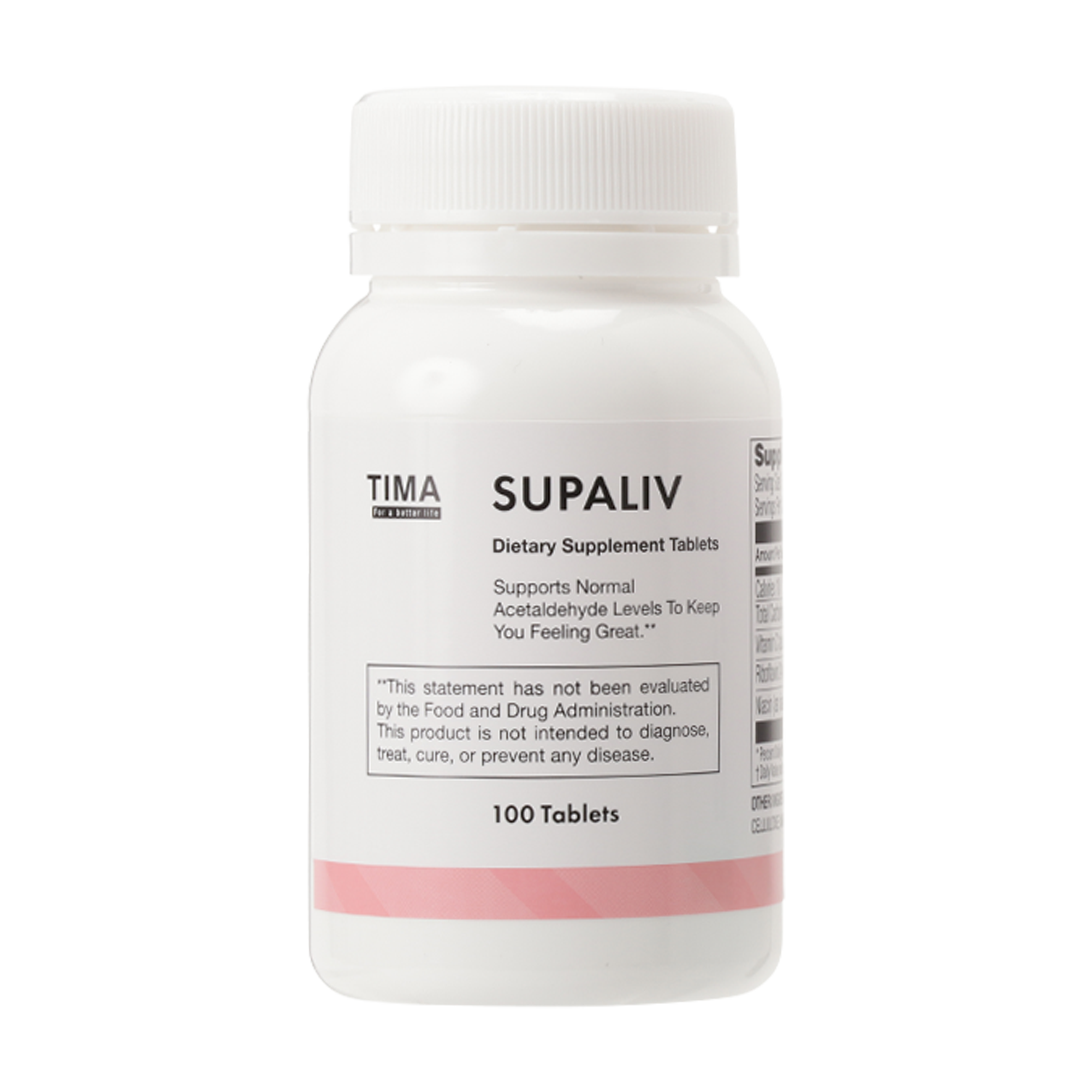Thesis on Oxidative Stress and "chronic obstructive pulmonary disease"
- Paper title
- The Severity of Oxidative Stress in Comorbid Chronic Obstructive Pulmonary Disease (COPD) and Hypertension: Does it Depend On ACE and AGT Gene Polymorphisms?
- Abstract summary
- The increase in oxidative stress parameters was observed to be the most significant in patients with chronic obstructive pulmonary disease + hypertension.
- Authors
- M. Marushchak, Khrystyna Maksiv, I. Krynytska, O. Dutchak, Nina Behosh
- Journal
- Journal of Medicine and Life
- Semantic Scholar URL
- https://semanticscholar.org/paper/02d9f3e45b9c5eef6d8203929699b83b8a8c42d3
- Abstract
-
There is an increasing number of studies suggesting the role of genetic factors in the development and progression of chronic obstructive pulmonary disease and hypertension. Therefore, our study aimed to establish the role of ACE and AGT gene polymorphisms in the mechanisms behind the development of oxidative stress in patients with concomitant chronic obstructive pulmonary disease and hypertension. The study group consisted of 96 patients: Group 1 (individuals with a chronic obstructive pulmonary disease), Group 2 (individuals with arterial hypertension), Group 3 (individuals with a chronic obstructive pulmonary disease and arterial hypertension). The control group consisted of 20 healthy subjects. ACE and AGT gene polymorphisms were determined by polymerase chain reaction amplification. Detection of intracellular reactive oxygen species levels was performed by EPICS XL cytometer (Beckman Coulter, USA) with dichlorodihydrofluorescein diacetate and dihydroethidium. Serum levels of 8-isoprostane were assayed with ELISA, Cayman Chemicals (USA). No significant correlations between ACE and AGT gene polymorphisms and parameters of oxidative stress in a setting of comorbid chronic obstructive pulmonary disease and hypertension were observed. However, the increase in oxidative stress parameters was observed to be the most significant in patients with chronic obstructive pulmonary disease + hypertension and with I/I genotype of the ACE gene, which was due to their lowest values in virtually healthy individuals. This suggests that I/I genotype may be associated with lower levels of reactive oxygen species production compared with other genotypes.








